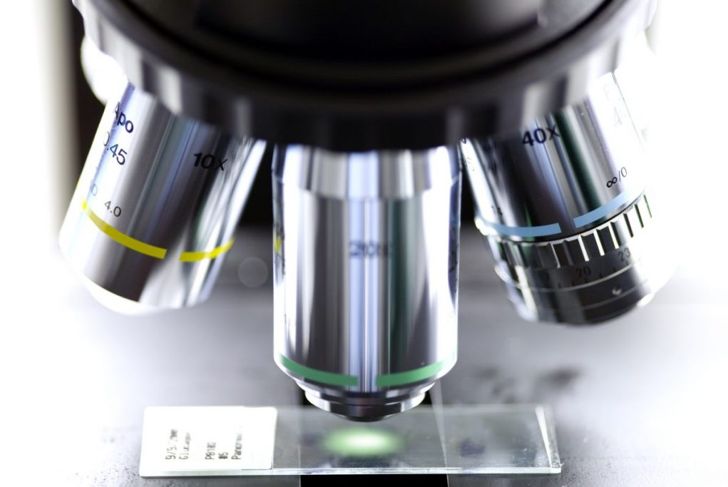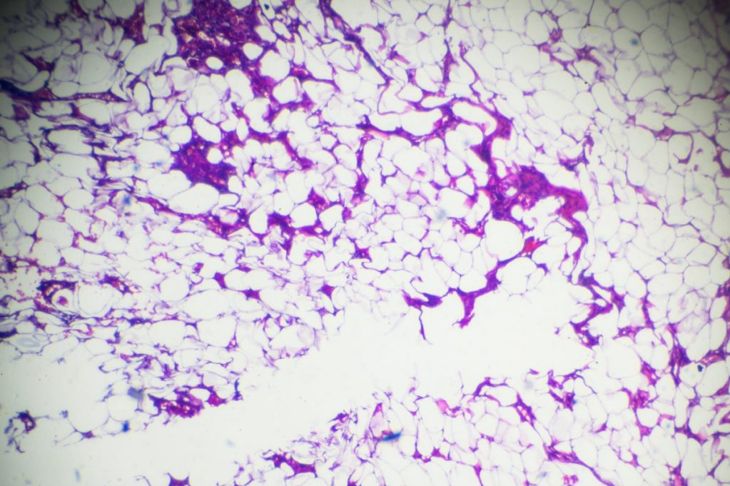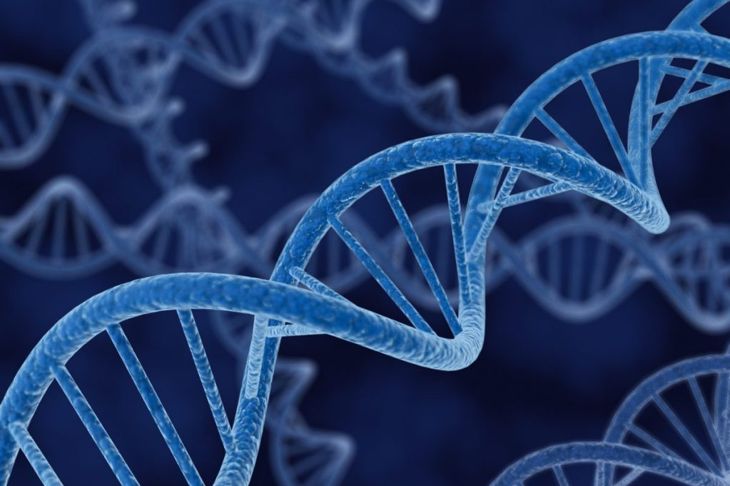Dercum’s disease is a rare disorder that causes fatty lumps or lipomas to grow underneath the skin. Doctors sometimes refer to the condition as adiposis delorosa or fatty tissue rheumatism. The disease and its causes are not well-understood, and there is currently no known cure. However, treatments are available that can reduce the severity of the person’s symptoms and help improve quality of life.
Causes
Although researches do not yet know the exact cause of Dercum’s disease, there are several theories. Some believe it is a genetic disorder passed down through families, while others think it is an autoimmune condition that causes the immune system to attack healthy tissue. Other possible causes include the use of corticosteroids or problems with endocrine function.
Symptoms
People with Dercum’s disease develop growths of fatty tissue under the surface of their skin, most commonly on the torso and tops of the arms and legs. If the fatty tissue compresses nearby nerves, these lipomas can cause severe pain and weakness, which may be sporadic and worsen when the person moves around. Dercum’s disease can also cause obesity and depression. People with the condition may develop neurological symptoms including seizures, confusion, and dementia.
Risk Factors
Women are far more likely to get Dercum’s disease than men. In particular, women who are obese or post-menopausal are most at risk of getting the condition. Dercum’s disease affects mostly adults, and it usually first becomes apparent between the ages of 45 and 60. Dercum’s disease is extremely unusual in children.
Diagnosis
There is no formal process for diagnosing Dercum’s disease. Instead, doctors are likely to try to rule out other, more common causes of the person’s symptoms. To do this, he or she may take a biopsy of one of the patient’s lipomas to examine microscopically. The doctor may also perform CT and MRI scans to help with diagnosis and assess the severity of the condition.
Classification
A diagnosis of Dercum’s disease can be further classified depending on the size and distribution of the lipomas. Nodular lipomas are the largest type. Common locations include the arms, trunk, and thighs. Diffuse lipomas are small and spread across the entire body. Some people may have mixed lipomas, both nodular and diffuse.
Surgical Treatment
Doctors may recommend removing lipomas if the condition is severe. This can help relieve pain, although the growths may come back. Liposuction can help some people with Dercum’s disease. This procedure involves removing some of the extra fat from beneath the skin through minimally invasive methods.
Medication
Doctors may prescribe people with Dercum’s disease diuretic medications to help reduce water retention and swelling. Anti-inflammatory medications can also help reduce discomfort, as can certain injections. Strong prescription painkillers can address excessive pain and may require intravenous administration.
Lifestyle Changes
Lifestyle changes can’t cure Dercum’s disease or reduce a person’s lipomas, but they can improve quality of life. Eating a healthy, anti-inflammatory diet and practicing low-impact exercise such as swimming can help with the symptoms of Dercum’s disease. Doctors may also recommend losing weight. Some lifestyle factors can make the symptoms of Dercum’s disease worse, including sleep deprivation, a poor-quality diet, and exercising too hard or for too long.
Emotional Support
It can take a long time to diagnose Dercum’s disease and find a treatment plan that works. This process can be very stressful. Combined with chronic pain, this can lead to mental health problems such as depression or anxiety. People with Dercum’s disease may need professional support to cope with the impact of their illness. Pain management specialists and counselors can help.
Dercum’s Disease and Heredity
Experts believe some cases may be inherited as an autosomal dominant trait. This means that only one copy of the gene (either from the mother or the father) is faulty. However, the majority of cases of Dercum’s cannot be connected to family medical histories.

 Home
Home Health
Health Diet & Nutrition
Diet & Nutrition Living Well
Living Well More
More




















